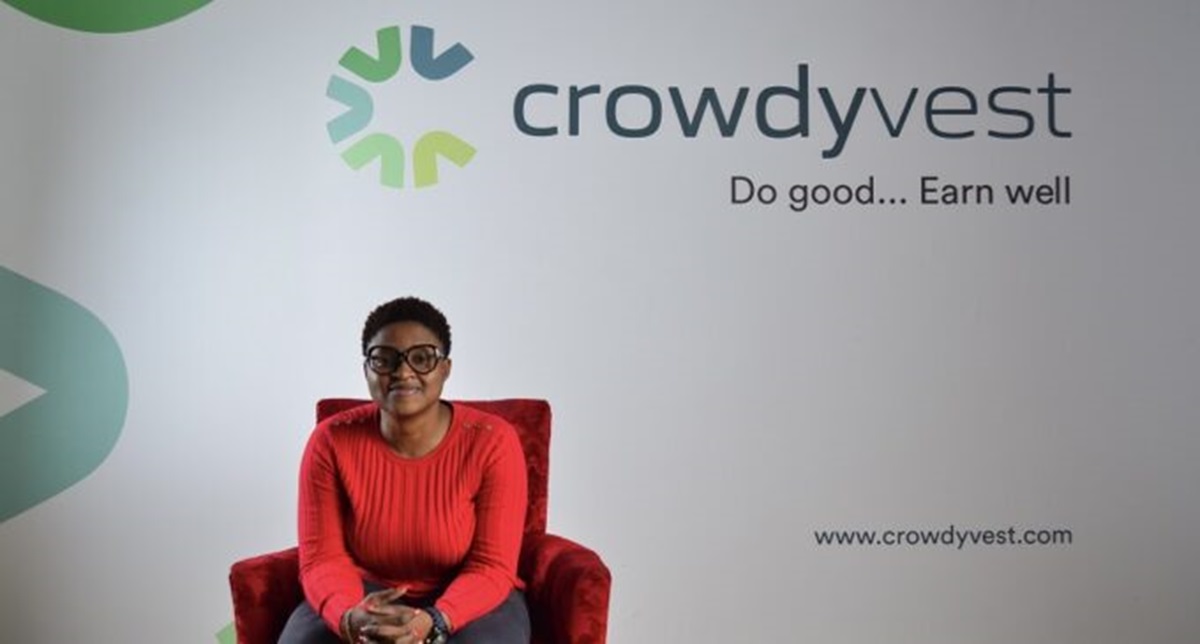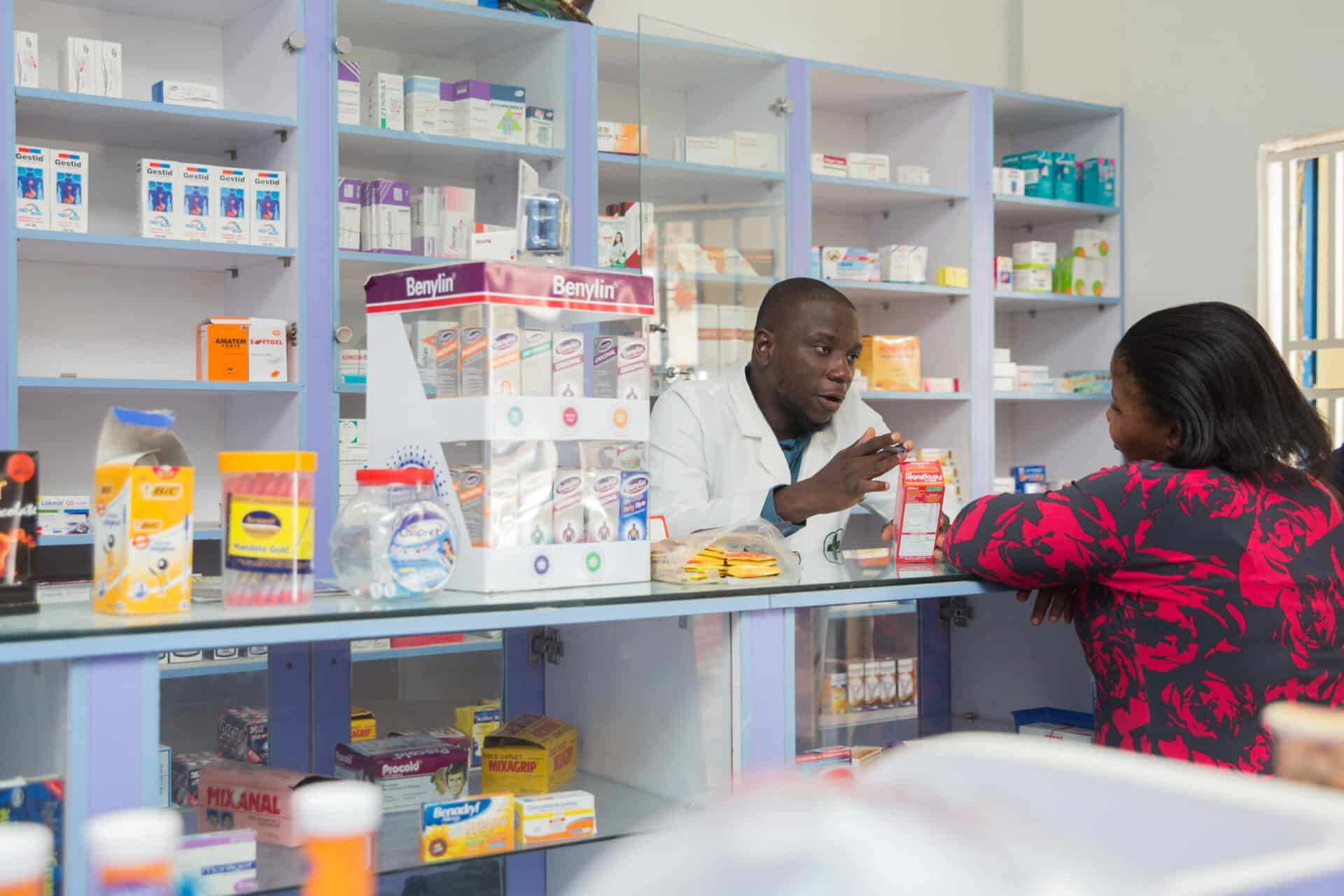Nigerian startup, Crowdyvest hopes to convert part of the funds it owes customers to equity. The startup, which provides funding and investment opportunities for individuals in the agricultural sector, owes its customers ₦7.7 billion, according to a report by TechCabal.
Having failed to recover more than ₦2 billion from its partners, it intends to convert ₦5.7 billion to equity in Crowdyvest Management Limited. Should that go through, customers will own 35% of the embattled company.
Until 2021, Crowdyvest was part of EMFATO Holdings, an investment company that housed Farmcrowdy, Crowdyvest, and Treepz (formerly Plentywaka). But when it left the EMFATO group, it also took on Farmcrowdy’s debt.
Founded in 2016, Farmcrowdy was one of the first crowdfunding platforms focused on Nigeria’s agricultural sector. For these startups, the goal was simple: to aggregate funds from Nigerians and invest in agricultural opportunities.
This would provide much-needed financing for Nigeria’s farmers, who struggle to get funding from banks. Additionally, it allowed Nigerians to build wealth through agriculture without getting their hands dirty. Equally important, and perhaps a significant contributor to its growth, was the high returns it offered in a relatively short period.
By its third year of operation, it worked with 25,000 farmers and had 85,000 users, according to its former CEO, Onyeka Akumah. Akumah left the company in 2021 to focus on Treepz, a Techstars-backed transportation provider.
By 2020, startups in this space began defaulting on payments to users. Thrive Agric, a competitor, explained that the COVID-19 pandemic had disrupted supply chains, making it harder to sell products from its farmers. This was in spite of being insured. Farmcrowdy was not left out, but while Thrive Agric finally completed payments to customers in 2021, Farmcrowdy, through Crowdyvest, still owes its customers.
Crowdyvest CEO, Temitope Omotolani says the startup is working on alternative methods to refund customers, but with the hope that it recovers $2 billion in two years, customers are unlikely to have any confidence in the startup. Its approach to getting out of debt is similar to that employed by cryptocurrency startup, Patricia.










